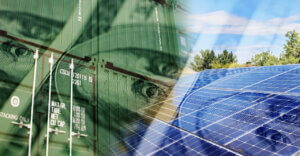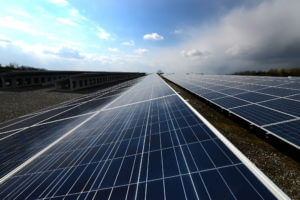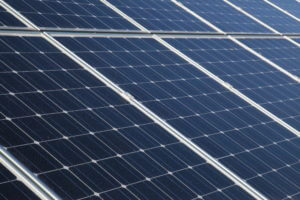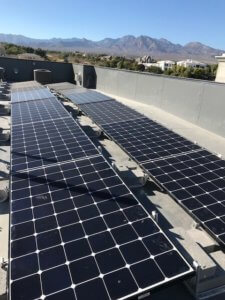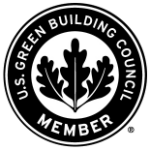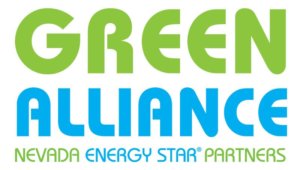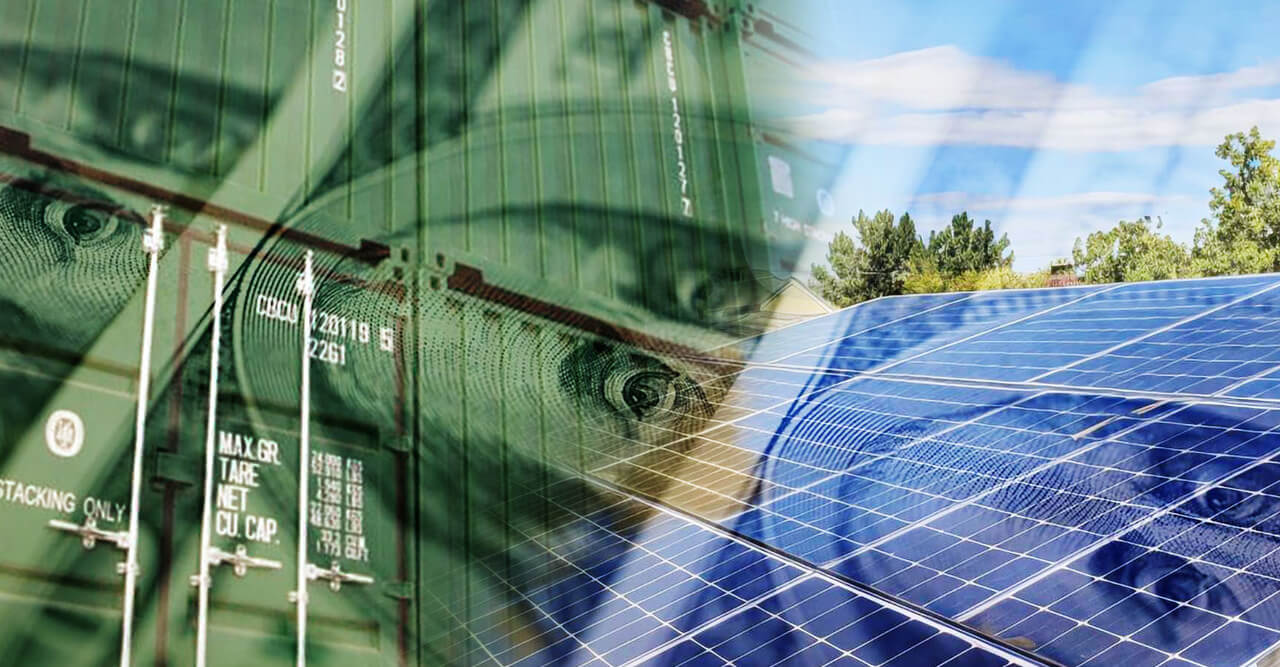
The Word of the Day is “Tariff”
If you’ve been following the news here in April of 2025, “tariffs” are in the headlines every single day. Every business in the United States, including ours, is bracing for the impact on their cost of doing business as all the materials they need to purchase to make their thing, stock their shelves or provide a service to their customers suddenly jumped in price due to those tariffs.
Before we dive into how this is going to impact the cost of your new solar or solar + storage system, let’s get some clarification of what a tariff is.
A tariff is a tax on imported things. That thing can be a finished product like a bicycle, or it can be a component of the bicycle like a gear shift or a raw material like rubber that will go into making the tires for the bicycle. Tariffs are meant to protect US industries from unfair trade practices by foreign industries. They can be beneficial when used reasonably and for a limited time with a limited scope to give American companies some breathing room to operate on a level playing field.
Why does this matter for you as a consumer?
When a tariff is imposed, the country of origin does not pay the tax. The buyer(s) of the thing pays the tax when it enters the country that imposed the tariff. So, when the headline says “145% tariff levied on China” what it means is that anyone buying the thing that is imported from China into the US now pays 145% MORE for that thing. The tax doesn’t just stop there, though. No business that would like to stay in business can simply absorb a 145% increase in cost and go on about their day without passing some or all of that increase along.
- The Importer of the thing may pass on some or all of that 145% price increase to the Wholesaler or Manufacturer who ordered the thing to resell or make another thing.
- The Wholesaler or Manufacturer may pass on some or all of the 145% price increase to the Retailer/Distributor who buys the thing so they can resell the thing.
- The Retailer/Distributor may pass on some or all of the 145% price increase to their customer who buys the thing from them and so on down the line until the thing lands in your hands with the passed along tariff now built into the price you pay for the thing. Yes, this “passing along” of an increased cost can and does compound the effects of the tariff as the thing moves through the various stages in the supply chain on its way to you.
The current situation of blanket tariffs now happening in the US on all imports from all countries is unprecedented. Blanket import tariffs are a tax on every purchase made by an American consumer as we are all the “buyer of the thing” at some point in this chain.
Tariffs are about to slam into solar and battery storage.
Solar panels, inverters, racking, batteries and all the other things we need to purchase for each project to load onto a truck to send out to your home or business to install your project are not exempt from blanket tariffs. Neither is the steel, aluminum, wires, electrical components, glass, plastic housings and all the other raw materials needed to make those things. We have received “heads up” emails from our solar distributors and the equipment manufacturers warning us that our next orders of every component that goes in a solar or solar + storage system will be impacted by tariffs.
Aren’t some solar components “Made in America?”
Yes… and no. Although the final assembly is done here in the US for some brands of solar components, the materials needed to make those things come from across the globe. For example, Hanwha solar panels are assembled in Dalton, Georgia but the cells that make up the panels are made in South Korea and Malaysia. Enphase inverters are assembled in Texas and Mexico, but the electronics and insulation are made overseas. Unirac (a very popular racking brand) makes it racking in the US and Canada but the steel to make that racking can be imported – most often from China or Canada.Storage batteries are especially subject to tariff increases because the lithium-ion cells inside them are almost always coming from China with a 145% tariff now in effect. There is no such thing as a 100% Made in America product.
Surely, something is 100% American Made! Nope.Let’s look at a tangerine that is grown in Florida for sale in Nevada. It gets impacted by a blanket tariff policy such as we now have, too. It gets planted in US soil, gets water from a US source and soaks up Florida sunshine. It never leaves the US. Why would it be impacted by tariffs? Well, the fertilizer the farmer puts on the soil is likely made from Canadian potash, the machines that pick and pack the tangerines were probably made in China and need parts from the global supply chain to keep running, the trucks that move the tangerines also need parts and fuel that can be imported, the label and netting used to pack the tangerines are probably imported from Asia. These and all the other things needed to get that tangerine from seed to store shelf are going to be impacted by tariffs. The higher price the farmer now pays from the tariffs being passed onto his business raises the farmer’s cost of input and reduces his profit margin. That rise in cost will get passed on and it will make the tangerine cost more for the end consumer even though it is as “American made” as it is possible for something to be in today’s global supply chain.
The same thing is true for our materials costs. Since we are the “buyers of the thing,” from our distributors, we’ll be paying that import tax and so will you as a solar or solar + storage customer. We do not have a choice about raising prices to cover the tariff on the materials we need to install your solar or solar + storage system if we want to stay in business. The point of this is that if you are considering solar or solar + battery storage, do it now.
Call your Solar Consultant today to update your quote and get started.

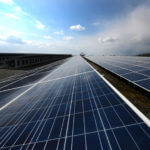 Previous Post
Previous Post